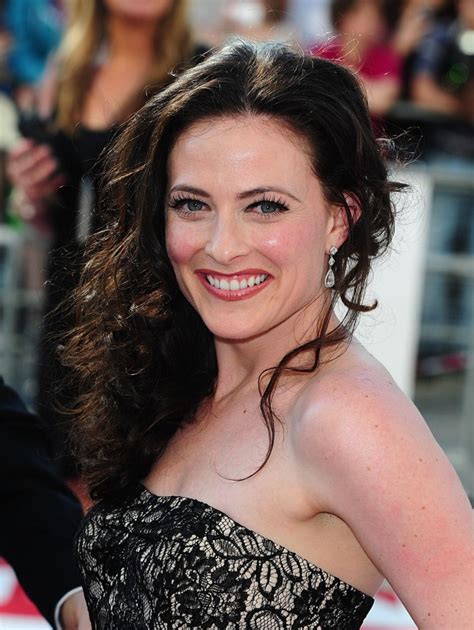A Quote by Jonathan Haidt
The final moment of success is often no more thrilling than taking off a heavy backpack at the end of a long hike. If you went on the hike only to feel that pleasure, you are a fool. Yet people sometimes do just this. They work hard at a task and expect some special euphoria at the end. But when they achieve success and find only moderate and short-lived pleasure, they ask is that all there is? They devalue their accomplishments as a striving after wind. We can call this the progress principle: Pleasure comes more from making progress toward goals than from achieving them.
Quote Topics
Accomplishments
Achieve
Achieving
After
Ask
Backpack
Call
Devalue
End
Euphoria
Expect
Feel
Final
Find
Fool
Goals
Hard
Heavy
Hike
Just
Lived
Long
Making
Moderate
Moment
More
Off
Often
Only
People
Pleasure
Principle
Progress
Short
Short-Lived
Some
Sometimes
Special
Striving
Success
Success Is
Taking
Task
Than
Them
Thrilling
Toward
Wind
Work
Work Hard
Related Quotes
It is no wonder if, under the pressure of these possibilities of suffering, men are accustomed to moderate their claims to happiness - just as the pleasure principle itself, indeed, under the influence of the external world, changed into the more modest reality principle -, if a man thinks himself happy merely to have escaped unhappiness or to have survived his suffering, and if in general the task of avoiding suffering pushes that of obtaining pleasure into the background.
I'm not the "not-working" type. I derive pleasure from my work. Work gives me relaxation too. Every moment I am thinking of something new: making a new plan, new ways to work. In the same way that a scientist draws pleasure from long hours in the laboratory, I draw pleasure in governance, in doing new things and bringing people together. That pleasure is sufficient for me.
The most rewarding part of my work is the "Aha" moment, the excitement of discovery and enjoyment of understanding something new - the feeling of being on top of a hill and having a clear view. But most of the time, doing mathematics for me is like being on a long hike with no trail and no end in sight. I find discussing mathematics with colleagues of different backgrounds one of the most productive ways of making progress.
Though no participator in the joy of more vehement sport, I have a pleasure that I cannot reconcile to my abstract notions of the tenderness due to dumb creatures in the tranquil cruelty of angling. I can only palliate the wanton destructiveness of my amusement by trying to assure myself that my pleasure does not spring from the success of the treachery I practise toward a poor little fish, but rather from that innocent revelry in the luxuriance of summer life which only anglers enjoy to the utmost.
Pleasure is not the goal of man, but knowledge. Pleasure and happiness comes to an end. It is a mistake to suppose that pleasure is the goal. The cause of all the miseries we have in the world is that men foolishly think pleasure to be the ideal to strive for. After a time man finds that it is not happiness, but knowledge, towards which he is going, and that both pleasure and pain are great teachers.
Sorrow, terror, anguish, despair itself are often the chosen expressions of an approximation to the highest good. Our sympathy in tragic fiction depends on this principle; tragedy delights by affording a shadow of the pleasure which exists in pain. This is the source also of the melancholy which is inseparable from the sweetest melody. The pleasure that is in sorrow is sweeter than the pleasure of pleasure itself.
When we say that pleasure is the end, we do not mean the pleasure of the profligate or that which depends on physical enjoyment--as some think who do not understand our teachings, disagree with them, or give them an evil interpretation--but by pleasure we mean the state wherein the body is free from pain and the mind from anxiety.




































